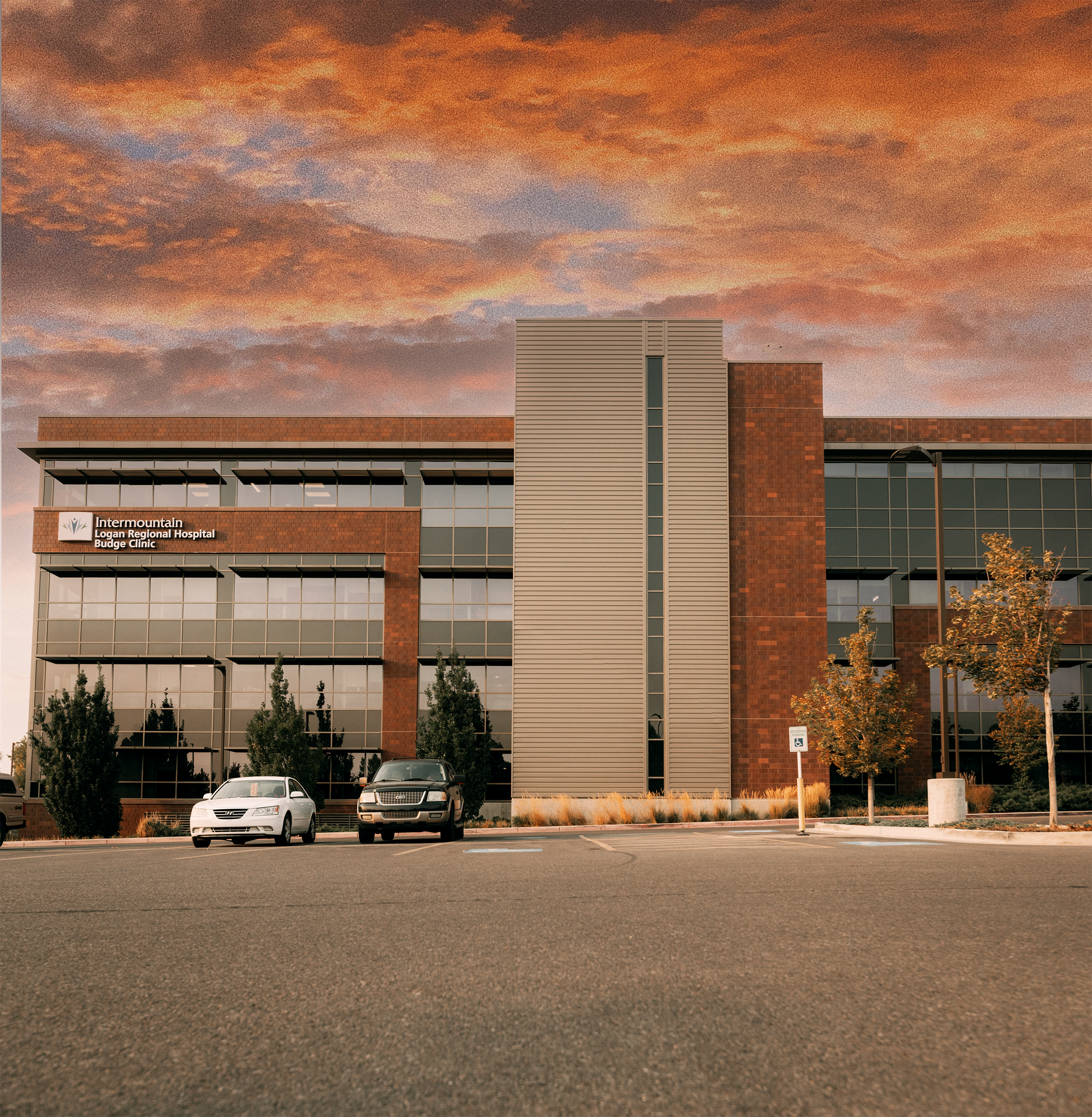COVID-19 surge fills ICU beds and postpones non-urgent surgeries
Logan Regional Hospital intensive care unit beds are filling fast due to a surge in COVID-19 patients. This trend is consistent across much of the state of Utah.
According to a joint statement released by Logan Regional Hospital and the Bear River Health Department on Aug. 31 regarding the influx in COVID-19 cases, the ICU unit is at 100% capacity.
This joint message came alongside a plea from the health department and hospital officials to get vaccinated and wear a mask.
“This situation is dire and means if there are urgent cases there is nowhere for them to go at our hospital,” said Taki May, the Logan Regional Hospital Medical director, “and even less ability to transfer them outside of our hospital as most facilities in our state are in a similar situation.”
He continued, “The past 18 months have been exhausting for our caregivers and this pandemic has taken a huge toll on all of us mentally and emotionally.”
However, not every patient in the ICU is there for COVID-19 related issues. As of Aug. 31, 40% of the patients in the Logan Regional Hospital had tested positive for COVID-19 and 95% were not fully vaccinated.
Since then, the current surge in the COVID-19 pandemic has not improved.
Intermountain Healthcare reported they were 360% higher in their COVID-19 cases after Labor Day this year than last year. The New York Times reported a 1,455 daily average of new cases in Utah on Sept. 20, with a 64% increase in the previous two weeks.
Belle Lloyd, a sophomore at USU, tested positive for COVID-19 on Sept. 2 and described the experience as emotionally draining.
“The first couple days of being in isolation were physically challenging,” Lloyd said. “But it quickly became very hard to be alone for two weeks.”
While Lloyd said the experience of testing positive for COVID-19 as a student was a hardship, she also said it wasn’t the end of the world. She also stressed the importance of her community during that time.
Jared Espiritu, a senior at USU, works as a student nurse and made note that while events and parties on-campus have resumed, the COVID-19 pandemic isn’t over.
“We should take the guidance of our public health officials who have years of experience in this field,” Espiritu said. “While the percentage of Cache Valley residents who are vaccinated should be applauded, the others still have a responsibility to ensure safe, quality care in a hospital.”
As of Sept. 21, 51.8% of eligible Utah residents are fully vaccinated according to the Utah Department of Health.
On Sept. 10, Intermountain Healthcare announced all non-urgent surgeries would be postponed at 13 of its hospitals, including Logan Regional Hospital.
One person this impacted was Paul Kelley, a Cache Valley local and former Aggie.
Kelley graduated from Utah State in 2009 with a degree in print journalism, and again in 2016 with a degree in accounting.
Back in December, Kelley found out he would need a kidney transplant and on Sept. 3 he made it onto the National Kidney Registry.
The following Friday, Intermountain notified Kelley that they had to shut down non-essential surgeries due to a lack of resources.
If a kidney match is found for Kelley during this time, the match will be passed on due to constraints in resources.
This shutdown was a result of the high number of COVID-19 positive patients.
This news impacted not only Paul Kelley but also Corinne Kelley, a former HURD president and Paul’s wife.
“To be so close and then have it put on pause for something like this is really hard to stomach. I was so, so angry,” Corinne told FOX 13 earlier this month. “It’s just really especially hard knowing that this surgery isn’t just a surgery that can be put on hold. It’s very urgent, and we don’t know how much time we have, and there’s really no way of knowing.”
The Pauls hope their story will encourage others to get vaccinated against COVID-19.
“It is important when considering whether to be vaccinated or not to realize that your decision doesn’t just affect you,” Paul said.
Paul also said a large percentage of current Intermountain patients are not vaccinated.
“If everyone that can get vaccinated was vaccinated, then transplants wouldn’t be getting postponed. By making the choice to not be vaccinated, you may be taking away someone else’s choice to receive a life-saving surgery.”
Paul has since been notified by Intermountain Healthcare that this hold on transplants and other surgeries will continue to be in effect for the coming weeks.
Emily Hill, a senior at USU, calls these updates in the pandemic concerning. She said these resources not being available if she needs them is scary.
“It might not be a life-or-death situation for me, but if a health issue is prohibiting my activities or my life to an extent where I can’t live as I wish, that should be considered essential and needs to be available,” Hill said.
Hill also supported the use of vaccinations and encouraged her peers to be vaccinated.
“The past couple of years have been hectic,” Hill said. “The fact that people are taking this hospital space from patients who potentially need them is absurd.”
Kaitlyn Anderson, a junior at USU, agreed with Hill.
“All because it doesn’t relate to you now doesn’t mean it’s not important. There could be long term health consequences for the individuals affected,” Anderson said.
Anderson also agrees with encouraging COVID-19 vaccinations.
USU, Intermountain Healthcare, and the Center for Disease Control continue to encourage vaccinations and face coverings to slow the spread of COVID-19.
Jared.Adams@usu.edu

